
Alternatives to suspension
These two newspaper articles explore alternative approaches to suspending students as a disciplinary measure. “Help disruptive students, don’t just suspend them” This article from The

Relationship based Education is a philosophy of education that puts relationships at the centre.
It is a tool for long-term culture change and for addressing challenges.
The key messages are:
Parents Victoria has 97 years’ experience when it comes to listening to parents and educators. We know that things don’t always run smoothly; misunderstandings and conflicts occur between teachers and students, between school and home, and we’ve helped to resolve many of them. We believe that quality relationships are the key to quality education for our children. These pages provide empirical evidence, a philosophical background, practical advice and examples to support our belief that relationships are central to learning.
The resources on these pages are intended for educators and parents.
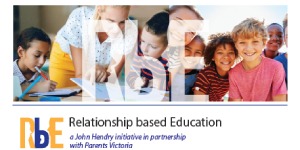 Want a brief summary of Relationship based Education to share with colleagues and friends?
Want a brief summary of Relationship based Education to share with colleagues and friends?
Download our 2-page flyer with a basic rundown of the program and philosophy behind it, success stories from school leaders and contact details.
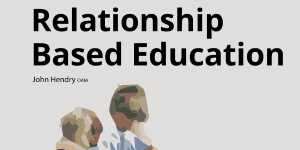 If you want a little more detail, this collection of articles by John Hendry OAM and David Moore explore the issues of a kind/resilient culture, the ‘me first/we first’ distinction, and restorative practices.
If you want a little more detail, this collection of articles by John Hendry OAM and David Moore explore the issues of a kind/resilient culture, the ‘me first/we first’ distinction, and restorative practices.
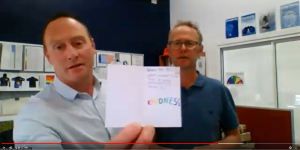 Our 2022 Annual Conference focused on RbE, and all the presentations are available on video. We looked at the What and Why of RbE with John Hendry OAM (originator of RbE) and Kristin Reimer PhD from Monash University. We also learned a lot about the How from two schools that have implemented RbE: Ocean Grove Primary School and Prahran High School. Their stories are inspiring!
Our 2022 Annual Conference focused on RbE, and all the presentations are available on video. We looked at the What and Why of RbE with John Hendry OAM (originator of RbE) and Kristin Reimer PhD from Monash University. We also learned a lot about the How from two schools that have implemented RbE: Ocean Grove Primary School and Prahran High School. Their stories are inspiring!

These two newspaper articles explore alternative approaches to suspending students as a disciplinary measure. “Help disruptive students, don’t just suspend them” This article from The
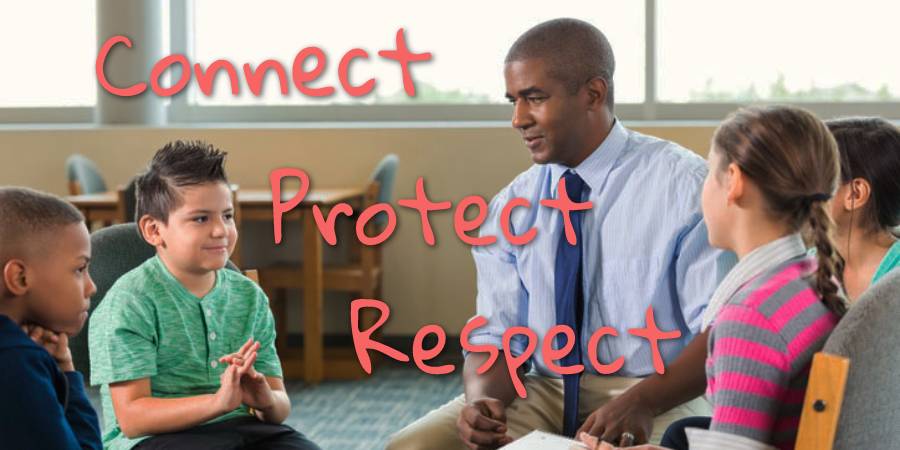
Everyone must feel safe at all times, so keep in mind the CPR rule for all your interactions: Connect Protect Respect Bring them together Once

Repairing the relationship Restorative practices need to be fashioned carefully to focus on the relationship dislocation and the obligations one has within relationships to repair

“A Positive Learner’s Mindset requires a positive, trusting relationship between teacher and student. This is the art of great teaching: to reframe tasks, create support
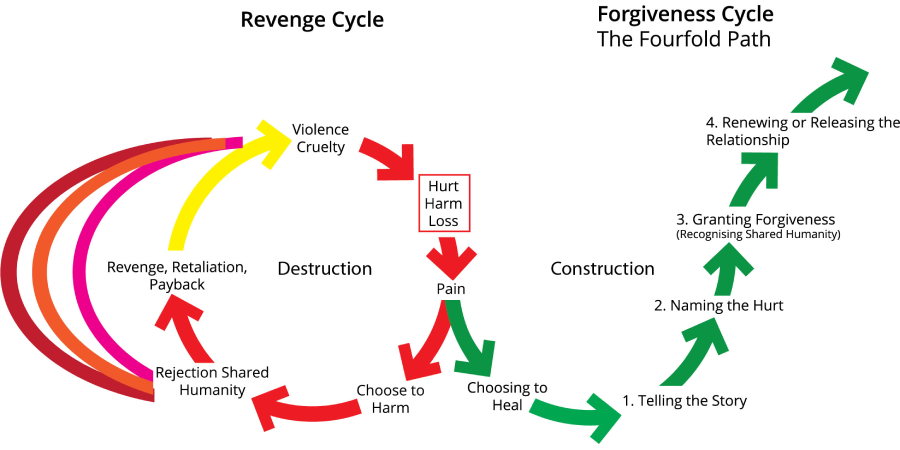
“First do no harm.” (Hippocratic oath). No one has a licence to harm another. Retribution and harm Behaviour that is harming another is also harming

Punitive discipline or relationship management Schools are complex organisations. Their primary task is to provide an environment where students can learn. School authorities are legally

Self-centred / other-centred behaviour How we behave is determined by a complex set of forces found within ourselves and the living moments we experience. Each

This article, by Dr Donna Hicks from the Weatherhead Center for International Affairs at Harvard University, sets out the Ten Essential Elements of Digity, and

The basis of a resilient culture A resilient culture is an inclusive culture, one that appreciates the fact that people do struggle with challenges and

The five basic elements of a quality relationship are trust, forgiveness, integrity, hope and compassion. Each of these are important individually, but in concert they

These two newspaper articles explore alternative approaches to suspending students as a disciplinary measure. “Help disruptive students, don’t just suspend them” This article from The Conversation quotes extensive research that shows suspension doesn’t work in

Everyone must feel safe at all times, so keep in mind the CPR rule for all your interactions: Connect Protect Respect Bring them together Once this is done the parties can be constructively brought together

Repairing the relationship Restorative practices need to be fashioned carefully to focus on the relationship dislocation and the obligations one has within relationships to repair damage or dislocation. Where there has been an incident of

“A Positive Learner’s Mindset requires a positive, trusting relationship between teacher and student. This is the art of great teaching: to reframe tasks, create support that overrides fear, develop a sense of success, encourage the

“First do no harm.” (Hippocratic oath). No one has a licence to harm another. Retribution and harm Behaviour that is harming another is also harming the person so behaving. It is essential to arrest that

Punitive discipline or relationship management Schools are complex organisations. Their primary task is to provide an environment where students can learn. School authorities are legally and morally (and pragmatically) responsible for maintaining an appropriate degree

Self-centred / other-centred behaviour How we behave is determined by a complex set of forces found within ourselves and the living moments we experience. Each situation possesses forces that influence our behaviour. The context in

This article, by Dr Donna Hicks from the Weatherhead Center for International Affairs at Harvard University, sets out the Ten Essential Elements of Digity, and conversely the Ten Elements to Violate Dignity. “Dignity not only

The basis of a resilient culture A resilient culture is an inclusive culture, one that appreciates the fact that people do struggle with challenges and this struggle can limit motivation, engagement and application. The resilient

The five basic elements of a quality relationship are trust, forgiveness, integrity, hope and compassion. Each of these are important individually, but in concert they substantiate the relationship. Each is established upon giving, for without
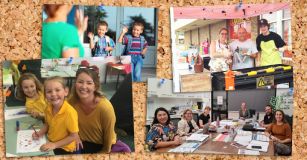
Got a question?
Something to say on this issue?
Join our Facebook group and chat with us and other parents.



Parents Victoria respectfully acknowledges the traditional owners, the Boon Wurrung and Woiwurrung (Wurundjeri) peoples of the Kulin Nation, on whose country we work. We pay our respect to their elders past, present and future.
Their ancestral ties to country have never been extinguished, and sovereignty never ceded.
© 2024 Parents Victoria. All Rights Reserved. Built by Christom